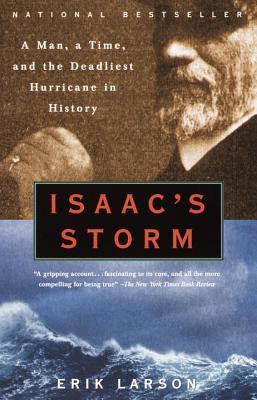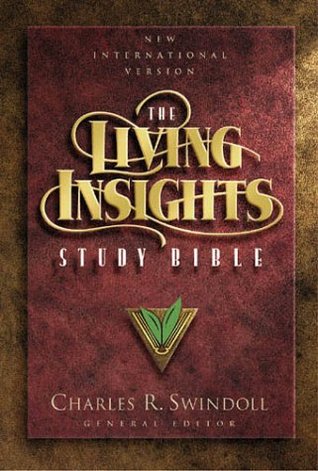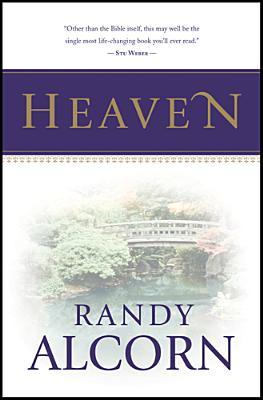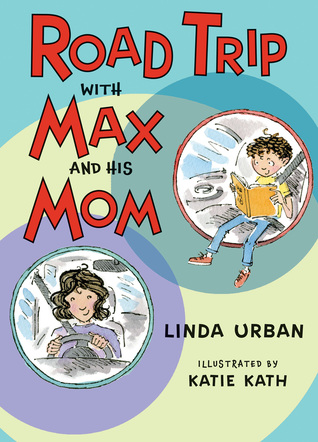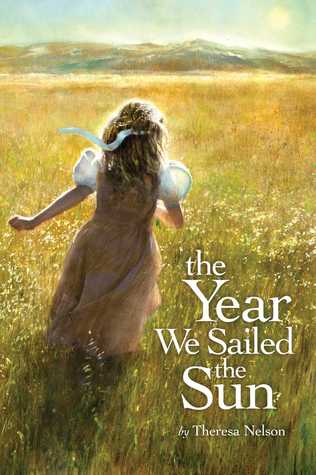The Storm of the Century. Al Roker. 2015. 320 pages. [Source: Library]
First sentence: A man pinned under the water struggles to free himself. Fifteen feet below the water's surface and the air he needs so badly, his thrashing body begins to weaken.
Premise/plot: The Storm of the Century is a nonfiction book about the hurricane of 1900 that devastated Galveston, Texas.
The prologue, "Underwater,"throws you into the action and introduces readers to one of the main characters, Isaac Cline, one of the best weatherman in America.
Part One, "They All Had Plans" consists of five chapters. Readers get the opportunity to learn about meteorology--the history and science of it as well as the leading men in the field; some basic Texas history--an overview; the history of Galveston, Texas--the island, the people, the geography, the businesses, the culture and society; hurricanes in general; AND this specific hurricane--its start in Africa, the path it followed, the mentions of it by ship captains and meteorologists, the super-complicated relationship between the U.S. and Cuba. This part introduces readers to the men, women, and children whose stories we will be following closely throughout the book.
Did you know that local weathermen weren't allowed to issue warnings about local weather? All local forecasts came from the national weather service in Washington, D.C.
Did you know that Cuba had some of the best meteorologists in the world at this time? There were men in Cuba that made it their life's work to study--to know--all about tropical depressions, storms, and hurricanes. The goal. of course, being to be able to better predict or forecast them.
Furthermore, did you know that the head of the U.S. weather bureau, Willis Moore, did not credit Cuba's meteorologists. It wasn't that Cuba had a history of poor forecasts--inaccurate forecasts--Moore just didn't believe that hurricanes could be predicted or forecast. Long story short, Cuban meteorologists were not allowed--were forbidden--from sending telegraphs about the weather to any weather station in the United States--to any meteorologist--except Washington, D.C. And since Moore didn't like, didn't trust, didn't credit Cuba's reports, he could choose to ignore them or respin the information as he saw fit.
Cuban meteorologists knew that Galveston, Texas was in for a monstrous, devastating, life-threatening storm, but could do nothing to warn Texas. They could--they did--warn Washington, D.C. Moore knew there was a storm but he predicted it would turn course and head for Florida. Who got issued the storm warnings? Florida and the East Coast. It wasn't until that predicted storm never arrived that people started questioning--maybe the storm went somewhere else?!
To his credit, Isaac Cline DID disobey protocol and issue local warnings about the impending storm--but it wasn't much notice--just half a day. If things had gone differently, the island could have--would have--had several days notice to prepare, to evacuate, to choose to act. Granted that would not have been enough time to build a sea wall--something the city desperately needed but naively didn't want to have to need. But the island could have been evacuated. Those that stayed--and probably there would have been people who chose to stay--would have been there by choice not lack of choice.
Part Two, "Maelstrom" consists of five chapters. This part chronicles life in Galveston from Thursday, September 6, 1900 to Saturday, September 8, 1900. Here readers spend time with the people first introduced in part one. Notably Isaac Cline and his brother Joseph--both weathermen. But also other men, women, and even children. What was it like to experience the storm's approach and the storm itself? What was happening on the island? Where were the people going? How were they handling it? What were they doing?
These chapters are incredibly intense and dramatic. We've got almost hour-by-hour chronicling from multiple perspectives.
Part Three, "The White City on the Beach" consists of five chapters. This part chronicles life after the storm: those first few days, weeks, months, etc. It focuses on the survivors. How the island residents came together immediately to handle the devastation. It focuses on those coming from the outside to help: from the state of Texas, from the national government, volunteers from all over the United States. It tells of the newspaper journalist, Winifred Blake, and also of Clara Barton and the Red Cross organization. What did Galveston look like now? How bad were the losses? How many people died? Was anything left at all? What were they going to do about the dead? about preventing illness? about treating the injured? How were they going to clean up the wreckage, the carnage? How were they to go about rebuilding the community? What changes would need to be made on the island?
This chapter was perhaps slightly less intense but perhaps slightly more graphic. The sights--the smells--horrific and traumatic to all who witnessed it. The rebuilding effort gets a little attention--that process was interesting. The narrative is still focused on the personal.
My thoughts: I really found this a captivating, fascinating, compelling read. It was intense; it was scary. It was packed with facts I didn't know or perhaps hadn't considered. I felt like I learned a lot by reading it. For that reason this one is easy to recommend.
In 1900, it was the poor who lived on the beaches, near the beaches. The wealthier you were--the more status you had--the further away you lived from the beach itself. And Galveston, in 1900, was a place with many millionaires. But whether you were rich or poor, white or black--the storm was coming and would hit every community equally hard. Being rich didn't mean you were safer or more secure. The wind, the waves, the floodwater, the wreckage--devastated everything and would ultimate change everything.
© 2018 Becky Laney of
Becky's Book Reviews








